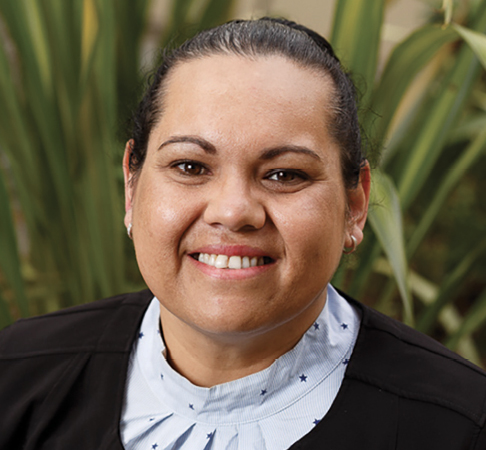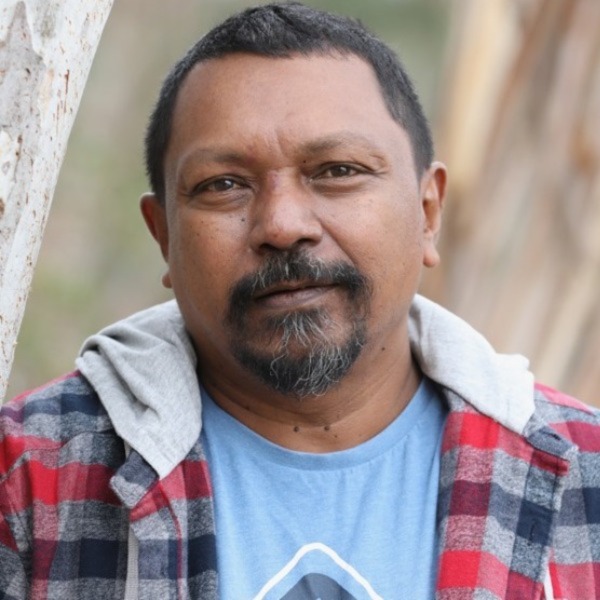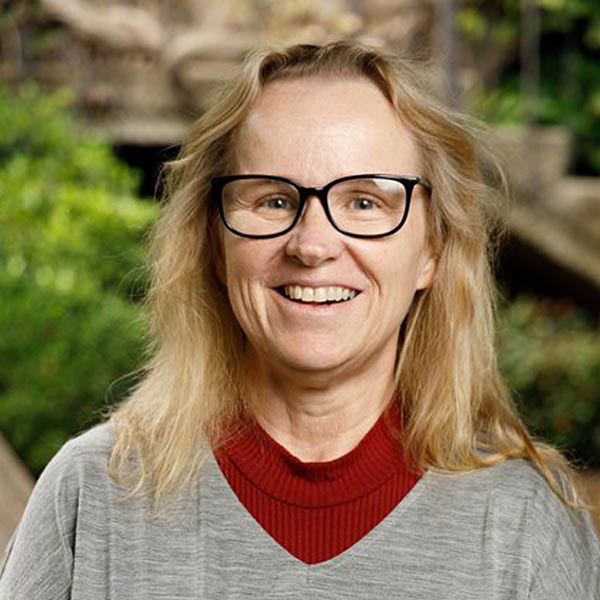Photo credit: The Atlantic Fellows for Social Equity
Come on a little journey with me… Imagine you are on a bus. What are you wearing? Who is sitting next to you? Is this your regular commute to work? Most people are likely looking at their phones, you are likely sitting next to a stranger, and you are probably feeling safe and secure.
Now imagine, instead, you have just been released from prison. You must step onto that bus with all those people commuting to work with all your worldly possessions in a small plastic bag. How do the passengers feel now? Does another commuter shift in their seat to allow you to sit next to them? What are you wearing? Do you have a safe place to go, a safe bed to sleep in tonight?
In 2018, a news organisation ran a story about a journalist calling 000 as they thought one of the passengers on the train must be an escaped prisoner, given he was wearing a green tracksuit with embroidered letters PPP. In following up it was reported: "Reception staff tell me more and more [prisoners are] coming in with nothing but the dirty clothes on their back which are often discarded."
Reading this article took me back to 2016, where I had been visiting prisons to make recommendations towards improving employment pathways for Aboriginal and Torres Strait Islander peoples exiting prison. I had just finished a visit to a women’s prison when, on leaving through the reception, I noticed an almost empty clothing bin. My heart sank, because I knew that meant women exiting prison that day would be leaving without basic clothing.
What was further concerning about this scenario, is it was a bitterly cold day, and while I was wearing a few layers of clothing – a warm jacket, scarf, and beanie – for a woman who exited prison that day, she would have exited with only the clothes she entered with or the “prison greens” she would have worn while inside.
In this country, our First Nations women are being incarcerated at the highest rates, often being victims of violence themselves and often misidentified as perpetrators (it is estimated 95% of Indigenous women in prison are victims of violence, including sexual violence).
We can’t talk about justice without talking about equity in housing, the education system, access to health services, land, and the impacts of colonisation.
Aboriginal leaders from the Atlantic Fellows from Social Equity and the University of Melbourne recently took up the opportunity to meet with a delegation from New Zealand Ministry of Justice led by the Hon. Kiritapu (Kiri) Allan. In this meeting, Minister Allan asked us the questions; Why are so many of our people locked away? Is equity something that is achievable within this current system? If not, why not? And therefore, what can we do?

Minister Kiri Allen is the first Māori to hold to office as the Minister of Justice, and like Indigenous peoples here, sees a very similar story when it comes to the over representation of Māori within the New Zealand justice system. In Aotearoa, over half of the prison population is Indigenous, Māori women are the most incarcerated at over 65% and Māori young people make up by far, most of those people coming though the youth justice system.
Connected by many commonalities, we shared with Minister Allan our lived experiences, challenges, and innovative examples of how change could be achieved across the justice sector. Including the importance of embedding culture into the ways of doing, empowering local decision making and self-determined solutions which must be front and centre, as well as amplifying the voices of those with disability to address the intersectional disadvantage and discrimination experienced by people with disability both within and exiting the justice system.
“Often disabilities are not understood and people working in the system are not equipped to assist,” said Jody Barney, Birri-Gubba/ Urangan Deaf woman, 2018 AFSE Fellow, Aboriginal Disability Communications Consultant and current Executive Officer of Koondee Woonga-gat Toor-rong*.
While there remains many challenges ahead, connecting with others who share the same lived experiences of colonisation and systemic disadvantage is one way in which First Nations peoples can share knowledge and self-determined solutions achieved.
AFSE fellow and author Harold Ludwick (Bulgun Warra man) shared in the meeting that “It is critical for indigenous children to be proud of who they are. The history of Australia is not written from the perspective of Indigenous Australians. The past has not been heard. The present is fighting to be heard. To change the story for our people, to empower our future generations, the future must be led and written by us.”
I will end by saying I am very fortunate to be afforded the opportunity to participate in meetings such as this, and to have a seat at the table to represent my community. Most importantly, I am a proud Aboriginal woman who knows the appalling statistics which reflect the inequity of our First Nations people. If there is one thing, we all need to remember is that our families, our ancestors, have been here for over 80,000 years living and sustaining our people, our lands, our waters, our landscape, and for that we demonstrate we can and will be the solution for the future.
* Koondee Woonga-gat Toor-rong is the first Victorian First Nations Led Philanthropy to empower communities to strive for excellence and participation of their people in their local communities.
Written by Michelle Steele. Michelle is a proud Gomeroi woman born in Moree, New South Wales.
This article first appeared on the Atlantic Fellows for Social Equity's website.








.png)
